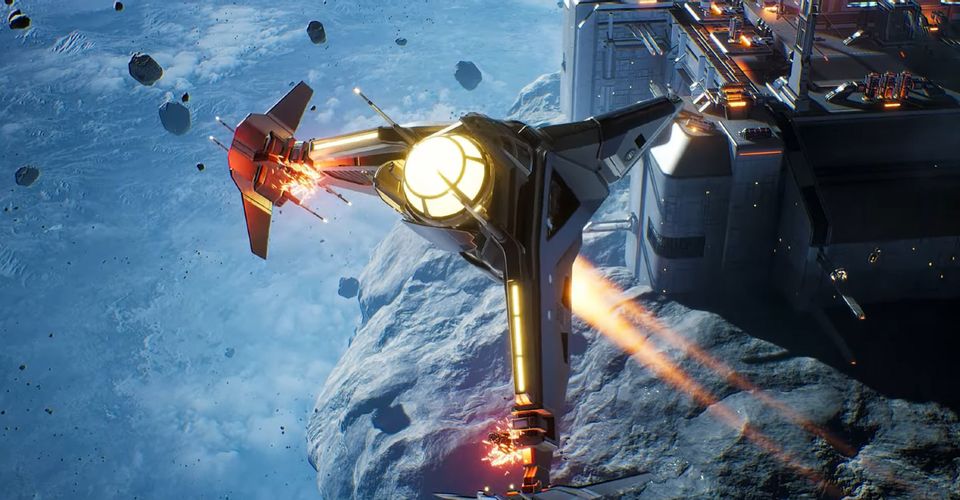An Astrophysicist Explains Why The Expanse Is TV’s Most Accurate Sci-Fi Show

Renowned astrophysicist Alex Filippenko praised the technology in Amazon’s epic sci-fi series, The Expanse for incorporating realistic drawbacks. Based on the series of novels of the same name by James S.A. Corey (the pen name of writing duo Daniel Abraham and Ty Franck), the series is set in a future where humanity has colonized the solar system and is locked in a state of cold war between Earth, Mars, and a confederation of asteroids and the moons of Saturn and Jupiter. The Expanse has variously been called the Game of Thrones and Chinatown of space
Originally airing on the Syfy Network for three seasons, The Expanse was canceled in 2018 and then picked up by Amazon. The show features an ensemble cast including Shohreh Agdashloo as Chrisjen Avasarala, a member of the UN Security Council, Thomas Jane as Detective Josephus Miller of the Belt, and Steven Straits as ship’s officer James Holden. TheExpanse is the recipient of a Hugo Award for Best Dramatic Presentation – Short Form, as well as two Directors Guild of Canada awards for sound editing. In addition to that critical acclaim, the show has also earned plaudits for its scientific accuracy.
In a conversation with SFGate, Filippenko, a professor of astronomy at UC Berkeley, commended the series for foregoing the tech tropes of other sci-fi properties. The Expanse features no hyperspeed, warp speed, or teleportation. In what Filippenko calls “extreme science fiction” such as Star Wars and Star Trek, scientific-sounding names are applied to impossible technology thrown together in the writers’ room to explain a cool idea. In The Expanse, instead of spacemen traveling faster than the speed of light without dying thanks to an “inertial dampener,” travel across the solar system is achieved through continual acceleration, strategic changes in direction, and an injected mitigating agent known as “the juice.” Though there’s still a suspension of disbelief, Filippenko sees it as more intricately thought out. Spaceships are built like skyscrapers with perpendicular acceleration generating the force necessary to create gravity within. The entire series is confined to our solar system and communications are not instantaneous between planets. The Expanse does include loud, award-winning explosions despite the fact that there is no sound in the vacuum of outer space, but Filippenko gives it a pass, and says the series dodges classification as “extreme science fiction.”

If anyone is qualified to weigh in on the veracity of fictional space technology, it’s Filippenko, whose work contributed to a study that earned a Nobel Prize in Physics in 2011. What sets science fiction apart from fantasy is its reckoning with the implications of scientific laws and theories, and creativity within those bounds. Any sci-fi fan has at some point done a deep dive into the inner workings of imaginary technology and though the mathematics are often secondary to the drama, it’s commendable when a show puts in the extra time to supplement some suspension of disbelief with “it just may work” creative engineering.
The Expanse is entering its sixth and final season, which will draw from Babylon’s Ashes, the sixth book in the series. Though hope is not yet lost for a continuation of the series or some other visual adaptation of the books, especially considering there are nine novels total set to be released, fans’ main concern now is when the season will release. If the previous pattern holds, then season 6 will come out in December 2021, but the limitations of the pandemic could cause significant delays. Whenever it does come out, it will no doubt maintain a commitment to being television’s most believable space opera – save for a few impossible explosions.
Source: SFGate
About The Author

















